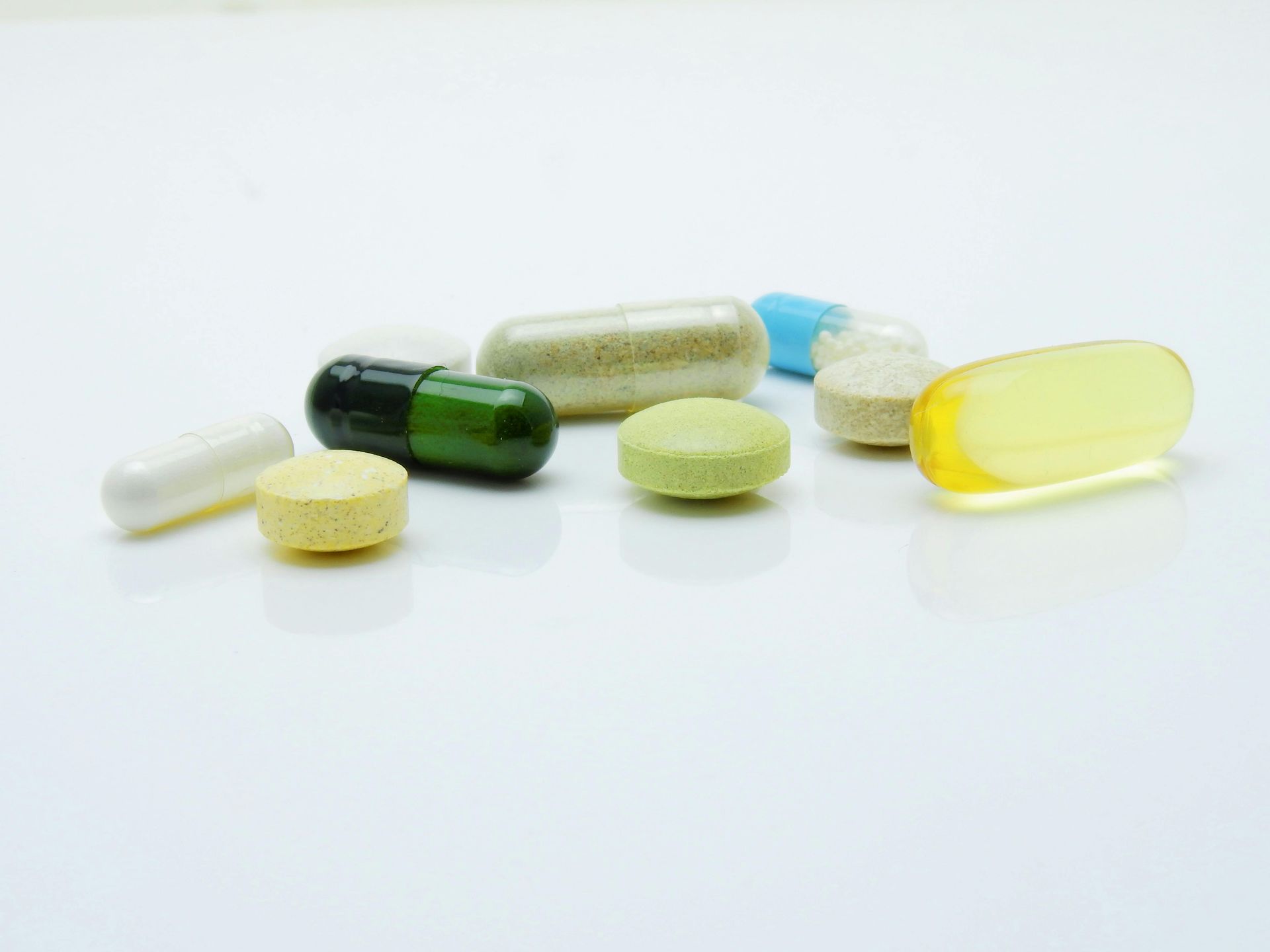Omega-3 Fatty Acids: Impact on Fertility
In recent years, we’ve been learning about the impact of quality of fats on our health. The focus should be on including healthy fats, instead of on following a low fat diet. The same is true for fertility. We learned in the Nurses’ Health Study that higher intake of trans fats was associated with ovulatory infertility. In addition, omega-3 fatty acids seem to impact fertility in a variety of ways.
Let’s back up and review the different types of omega-3 fatty acids. The plant source omega-3 fatty acid (like walnuts, chia seeds, and flaxseed) is called alpha-linolenic acid (ALA), and the animal source omega-3 fatty acids (like cold water fatty fish, eggs, and grassfed beef) are EPA and DHA. EPA and DHA may have beneficial impacts on our health and fertility. Our body is able to convert a small amount of ALA into EPA and DHA, but this conversion is inefficient. Going right to the source by getting EPA and DHA from fish, eggs, and supplements is your best bet.
Studies have looked at the impact of omega-3 fatty acids on embryo quality, PCOS, endometriosis, and sperm quality. Higher intake of omega-3 fatty acids has been associated with better embryo quality when doing IVF. An additional animal study showed similar results. In a randomized controlled trial of men with low sperm count, motility, and morphology, EPA and DHA supplementation improved all three of these sperm parameters compared to placebo. In PCOS, omega-3 fatty acids may help lower LDL cholesterol and triglycerides and reduce insulin resistance. Higher intakes of omega-3 fatty acids have also been associated with lower risk for endometriosis, and in an animal model of endometriosis, omega-3 fatty acids helped induced regression of endometriosis lesions.
Omega-3 fatty acids, EPA and DHA, have many potential fertility benefits. Eating low mercury fatty fish is beneficial, however it’s important to keep even low mercury fish intake to 12 oz per week. Thus EPA and DHA supplementation is often recommended in order to take in omega-3 fatty acids on a daily basis.
References
Hammiche F, Vujkovic M, Wijburg W, et al. Increased preconception omega-3 polyunsaturated fatty acid intake improves embryo morphology. Fertility and Sterility. 2011; 95(5):1820-1823.
Yang K, Zeng L, Bao T, et al. Effectiveness of omega-3 fatty acids for polycystic ovarian syndrome: a systematic review and meta-analysis. Reprod Biol Endocrinol. 2018;16:27.
Safarinejad MR. Effect of omega-3 polyunsaturated fatty acid supplementation on semen profile and enzymatic antioxidant capacity of seminal plasma in infertile men with idiopathic oligoasthenoteratospermia: a double-blind, placebo-controlled, randomized trial. Andrologia. 2010;43:38-47.




